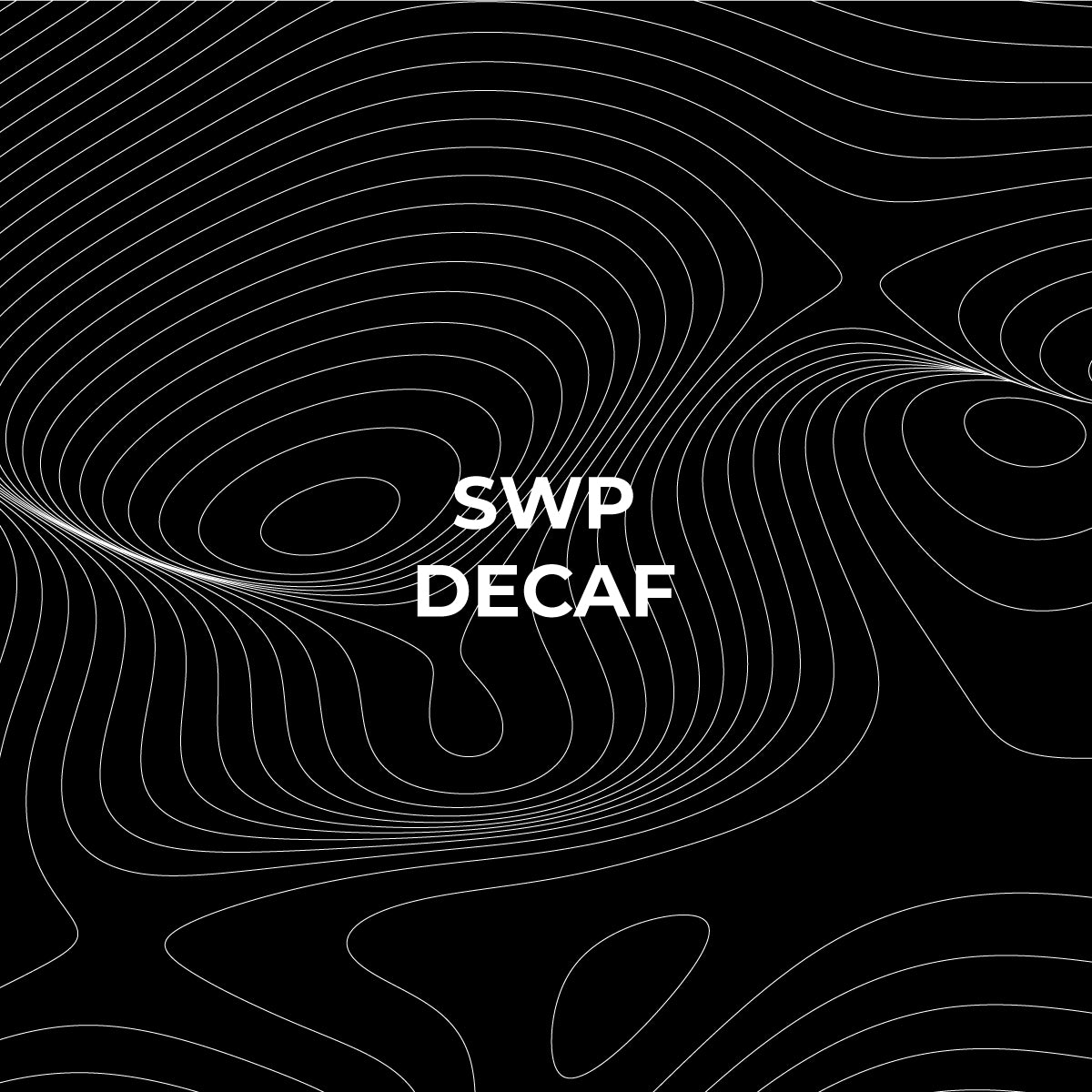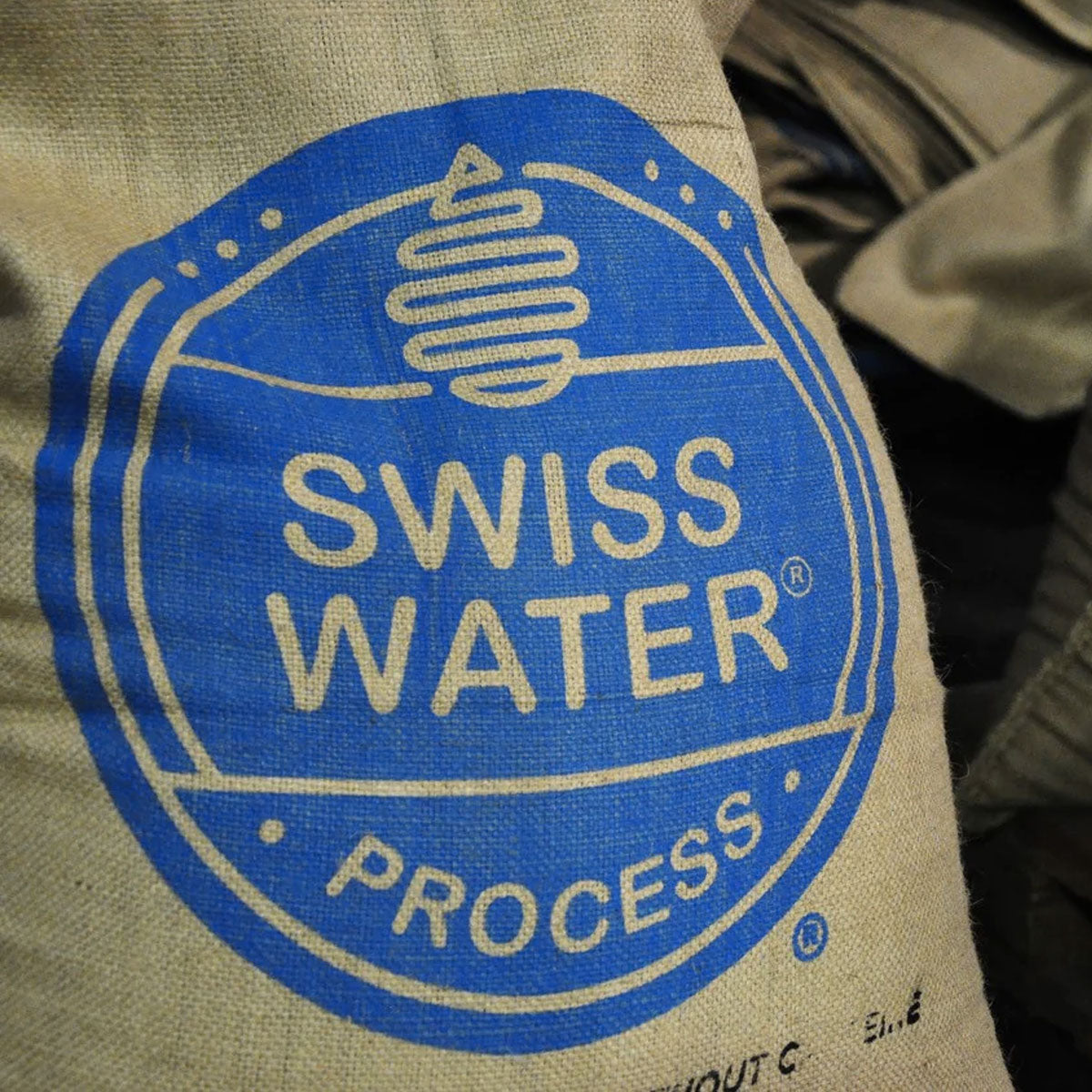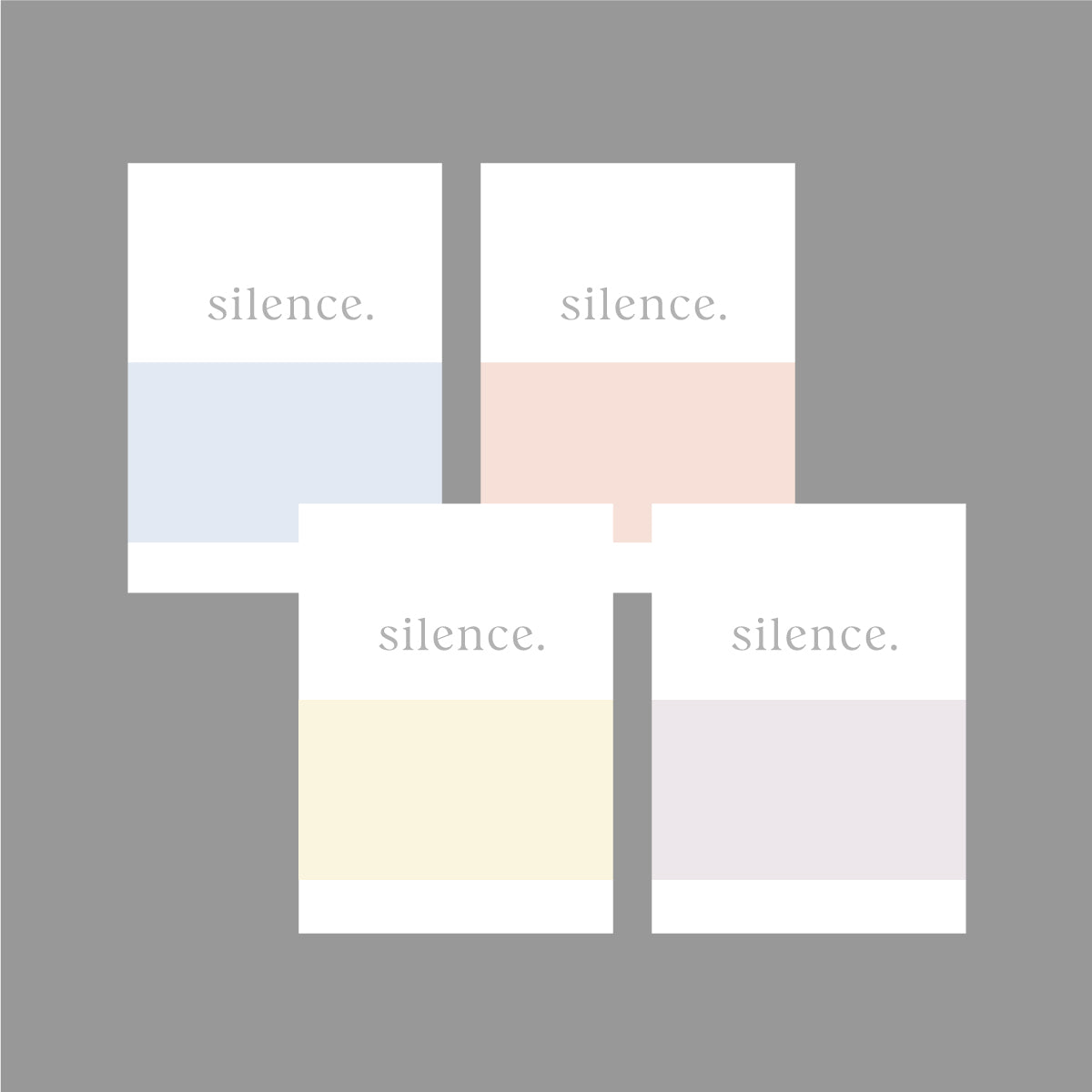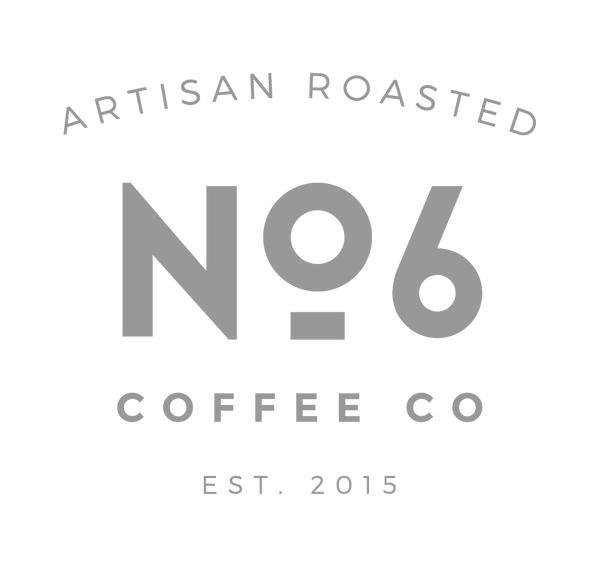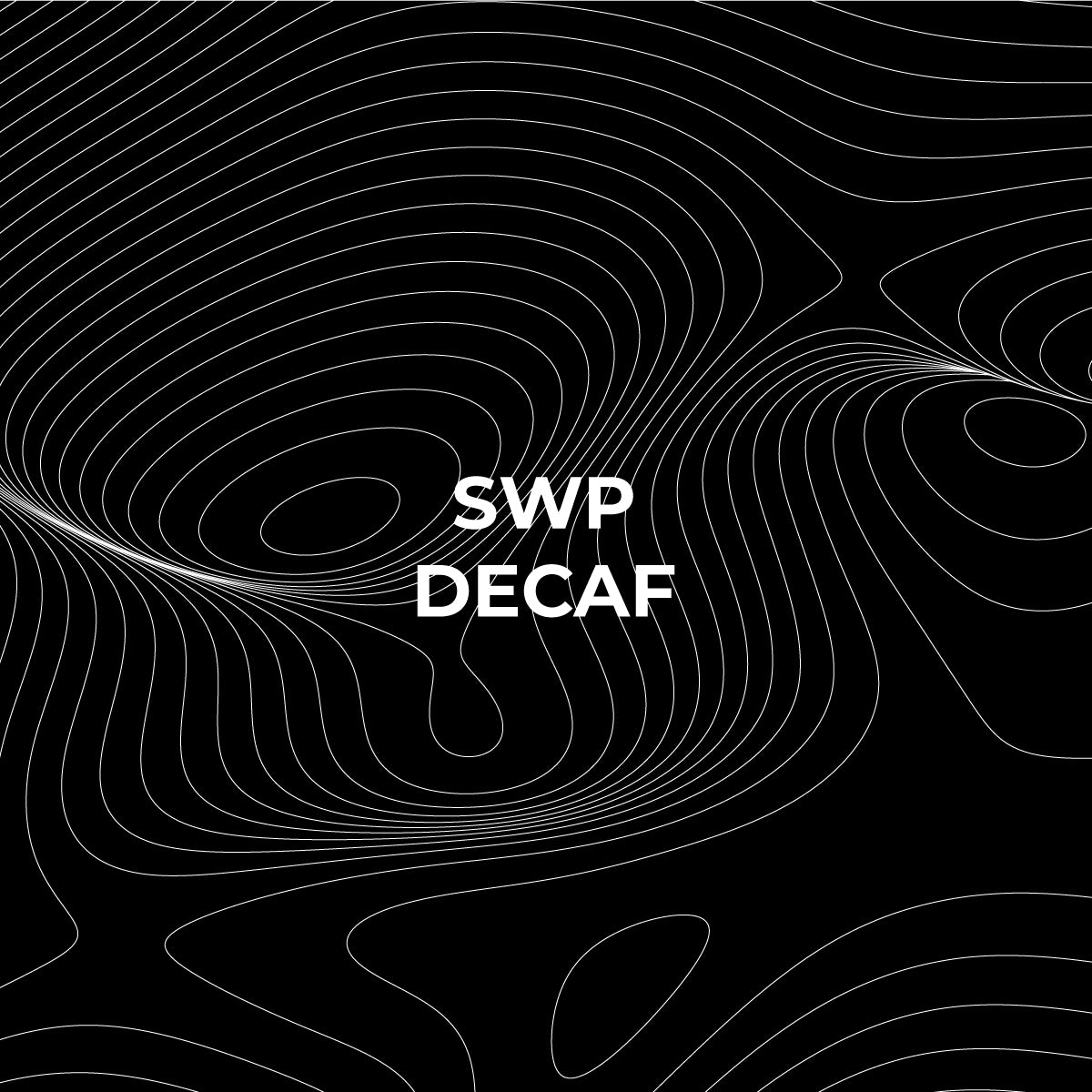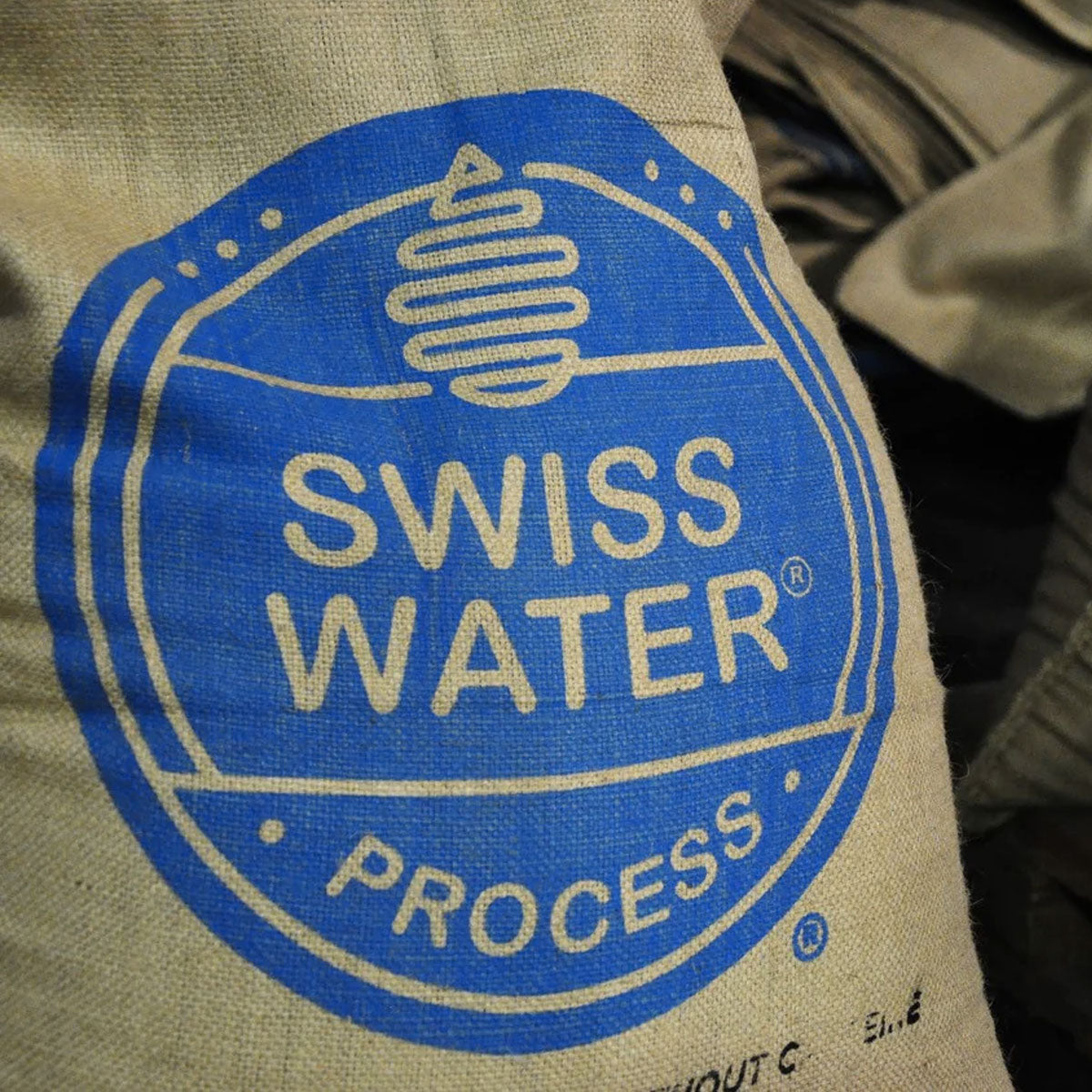SWP Decaf
SWP Decaf
| region | Cajamarca |
|---|---|
| farm | various farms |
| producer | Sol y Café |
| altitude | 900-2000 masl |
| varietal | Typica, Caturra, Pache, Mondo Novo, Bourbon, Catuai, and Catimor |
| process | Swiss Water Process |
| notes | dried fig, almond, cacao |
| profile | sweet, nutty, full body |
| importer | Royal Coffee |
This coffee is curated from lots that the Royal Coffee team has selected based on cup profile, physical preparation, and potential to express excellently once decaffeinated. During the Swiss Water process, the green coffee is hydrated to expand the beans for caffeine extraction. The hydrated green coffee is then introduced to Green Coffee Extract (GCE), a unique solution of concentrated coffee solubles that allows the caffeine to leave the green coffee via osmosis while minimizing the loss of flavour compounds. Once the caffeine has been removed the green coffee is re-dried and re-bagged for transport, and the GCE is filtered of its caffeine through proprietary carbon filters and recycled to be used again.
Clean Coffee
Clean Coffee

We believe coffee should be both delicious and responsibly sourced. That’s why we only work with specialty-grade coffees that are carefully harvested, dried, and stored. The result is clean, safe coffee that reflects the care of everyone involved.
We’ve had a few questions lately about mold and mycotoxins in coffee. These concerns are understandable, especially with the rise of health-focused media highlighting potential contaminants in commodity-grade coffees. But it's important to contextualize this issue within the specialty coffee supply chain.
Mycotoxins, such as ochratoxin A (OTA) and aflatoxins, can develop when green coffee is improperly processed, dried too slowly, or stored in environments with high humidity and poor ventilation. These conditions are more common in lower-grade, bulk commodity coffees that are harvested and handled with minimal oversight.
The coffees we buy, on the other hand, are traceable, meticulously processed, and stored under controlled conditions. We work exclusively with specialty importers who conduct rigorous quality control at origin and upon arrival, including moisture content analysis, water activity measurements, and sensory evaluation. Coffees showing any signs of mold contamination would be eliminated long before they reach us. Moldy lots not only pose a safety risk, they simply don’t taste good and would fail basic cupping protocols.
While mold and mycotoxin testing isn’t typically a requirement in the specialty sector, it’s also not absent. In some producing countries, OTA testing is mandatory for export. And in others, lots above a certain size are routinely spot-checked by local quality control authorities. More importantly, the stringent handling and drying practices required to meet specialty standards make the presence of harmful mycotoxins highly unlikely.
We’re also attentive to how we store our green coffee, in sealed GrainPro bags, in a stable, low-humidity environment, and roasted in small batches to maintain quality and freshness.
If you'd like to dive deeper into specific protocols, we're happy to talk more. In short, we only work with importers we trust, who work with producers they trust, and quality control is built into every step. The coffees we choose to roast are clean, carefully handled, and selected with intention.
Shipping Rates
Shipping Rates
Our current shipping rates are as follows:
Local Delivery Rates within 2km
$5.00 for orders between $0-$20
$2.50 for orders between $20-$40
FREE for orders over $40
Canadian Shipping (with tracking)
Standard rates for orders between $0-$36
$10 for orders between $36-$75
FREE for orders over $75
US Shipping (with tracking)
Standard rates for orders between $0-$100
FREE for orders over $100
Packaging
Packaging
100% Recyclable
Our coffee bags are made of 100% recyclable plastic and widely accepted at recycling depots across Canada, making it easy for you to responsibly dispose. Its recyclable materials ensure that it can be repurposed efficiently, contributing to environmental sustainability efforts and promoting a circular economy model.
Shipping Season 004 - November 27th
Couldn't load pickup availability
